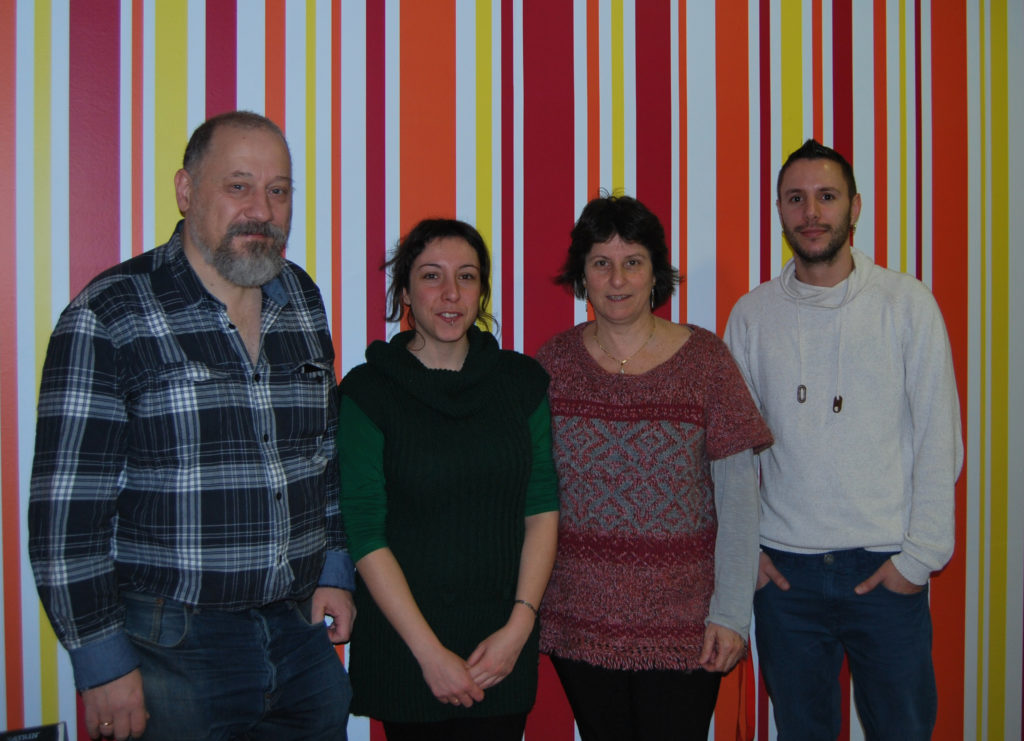RCAN proteins (Regulators of calcineurin) regulate important biological processes such as immune response, muscle fiber remodelling and memory, and are also involved in pathological processes such as cardiac hypertrophy and neurodegenerative diseases. Deepening the role of these proteins at the cellular level is important, given its functional relevance.
These proteins are highly conserved in eukaryotes (multicellular organisms, and in particular in vertebrates, they form a functional subfamily with members (RCAN1, RCAN2 and RCAN3), while the remainder of eukaryotes have only one protein.
Researchers from Human Molecular Genetics group at IDIBELL, led by Mercè Pérez proposed through bioinformatic analysis a new hypothesis to explain how they have evolved genes encoding this protein family. In particular, the authors propose that RCAN have evolved by two cycles of full duplication of the genome followed by a partial duplication of the genome.
They have analyzed the structure of all RCAN human genes, where they have identified different structural elements common to all of them, as well as elements that could be involved in the regulation of their expression. These results provide new insights into the family of RCAN and molecular mechanisms underlying its function in the cell. This improved knowledge of this family is crucial since the RCAN are candidates for the development of future therapies in various diseases, including autoimmune diseases.
Reference
Serrano-Candelas E., Farré D., Araguren-Ibáñez A., Martínez-Hoyer S. and Pérez-Riba M. The Vertebrate RCAN Gene Family: Novel Insights into Evolution, Structure and Regulation. PLoS ONE. January 20, 2014. DOI: 10.1371/journal.pone.0085539. http://www.ncbi.nlm.nih.gov/pubmed/24465593

